An Invitation for People of Color Outdoors
Author
Posted
Share

It is heartbreaking to hear a story about someone who has felt unwelcome walking along a forest trail or sitting with friends at a river park. But it is a true story. It’s a true story for many people, in fact. It wasn’t that the outdoors were too harsh or too rugged for them. It was that other people made them feel that way.
I have been made to feel unwelcome at various times in my life, but not out in the wilderness. That has occurred only in town. I recognize there are bad things I have not had to experience, because I am Japanese, and I am a man. The word we use to describe that is “privilege.” It is a certain kind of benefit to not have to experience certain bad things because of my gender and ethnicity. It might sound strange to call it that. But if you see it from the perspective of those who receive that kind of oppression, that’s what it is.
You can imagine how awful that must feel.
There’s a woman I know, someone I deeply respect, who is working to change the experiences for people of color. Her name is Pamela Slaughter.
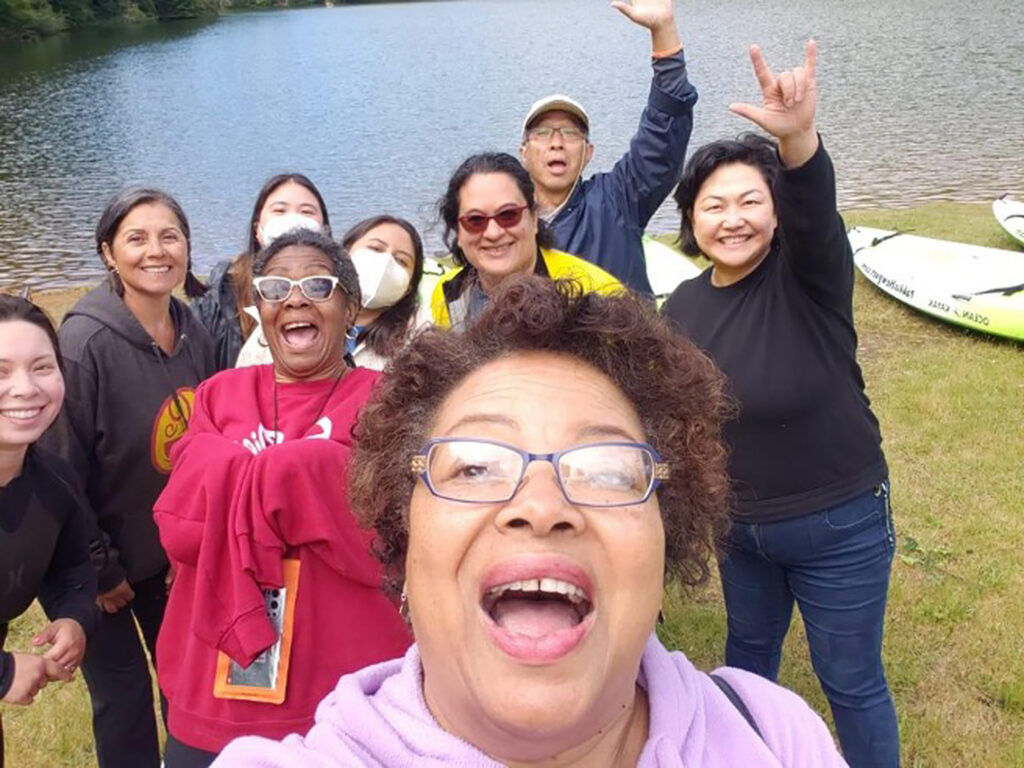
Pam runs People of Color Outdoors, an emerging nonprofit she founded with a mission to create experiences for those who have never experienced the outdoors before, or who have not felt comfortable in outdoor spaces. She creates outings “where Black, Indigenous, and all people of color can enjoy nature in a caring community.” Her programs include outings like stargazing, camping, paddling, and forest meditation. These events are exclusive to people of color in order to guarantee that the experience will be safe from prejudice. Creating an environment of safety, trust, and belonging is central to healing from past harm.
I’ve had the opportunity to experience the forest and river with Pam. She loves connecting with water and the nature that surrounds it, and what she loves even more is seeing the people she brings there become immersed in nature. This is an undeniable quality about Pam. That is what makes People of Color Outdoors the success it is.
Her Portland area MeetUp group has expanded to 1,600 people in four years, and her Facebook followers have grown to over 3,300 in less than two. With the help of twelve volunteer leaders, about 1,000 people of color went on outings last year. Her youth summer program at Whitaker Ponds Natural Area is especially popular for BIPOC (Black, Indigenous, and People of Color) youth in Portland. She has had inquiries from folks in Eugene, Springfield, and Salem, asking if she could bring these programs to their communities. But with over sixty outings a year to manage, she says her hands are quite full right here.
“The impact is not limited to the numbers,” she reminds me. It is something that runs much deeper. And something that has the potential to spread much broader. It affects our culture in positive ways for all of us.
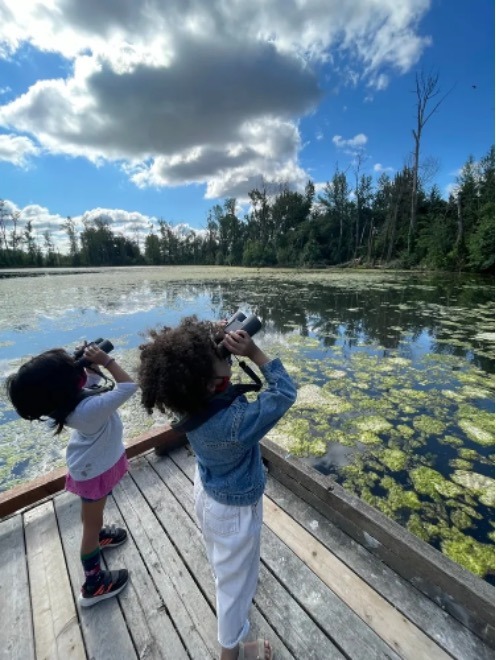
Pam tells me she has always had a strong connection to nature. As a child, she loved to ride her bicycle to the woods near her house and lend a hand at her uncle’s farm in north Portland. She recalls spending as much time in nature as she could. One time, she caught frogs to make a home for them in her yard. “I did that once, too,” I tell her. “Mine all disappeared.” Hers did, too. She admits she still feels bad for what may have happened to them.
Her grandmother brought the family to Oregon from Chicago. When Pam was young, the richness of the landscape captivated her mother. That spirit led the family on many road trips to explore the coast, the mountains, and the high desert. These experiences never left Pam. And when she became a mother herself, she was ready to give the same kind of experiences to her children.
But there were two incidents of racism that happened while hiking with her two small children. These were experiences she could not shake. The threats of violence were real. People of color, even with small children, have reason to fear stepping out into the outdoors.
People of Color Outdoors is a testament to Pam’s resolve to empower communities of color to experience nature in the way that we wish for everyone. Connection to the water and land is the way we survive. I hope we can all support her passion and commitment to make this happen.
I spent an afternoon with Pam this summer under the shade of a tree at Whitaker Ponds, listening to her stories. I had always admired her. After our talk, I had to share my respect for all that she brings. I could tell her enthusiasm about nature has not waned at all since she was a child. The way she smiled and made a cute hand gesture to imitate how baby cottontail rabbits hopped through the meadow last spring—that said everything to me.

3 Comments
Leave a Comment
Related Posts
Oregon Water Stories: Multnomah County
Oregon Water Stories is a project of PSU Professor Melissa Haefner’s freshman inquiry class, running…
Watershed Alliance of SW Washington
Watershed Alliance of SW Washington is a non-profit organization located in Vancouver, Washington. Their mission…
Oregon Water Stories: Jefferson County
Oregon Water Stories is a project of PSU Professor Melissa Haefner’s freshman inquiry class, running…


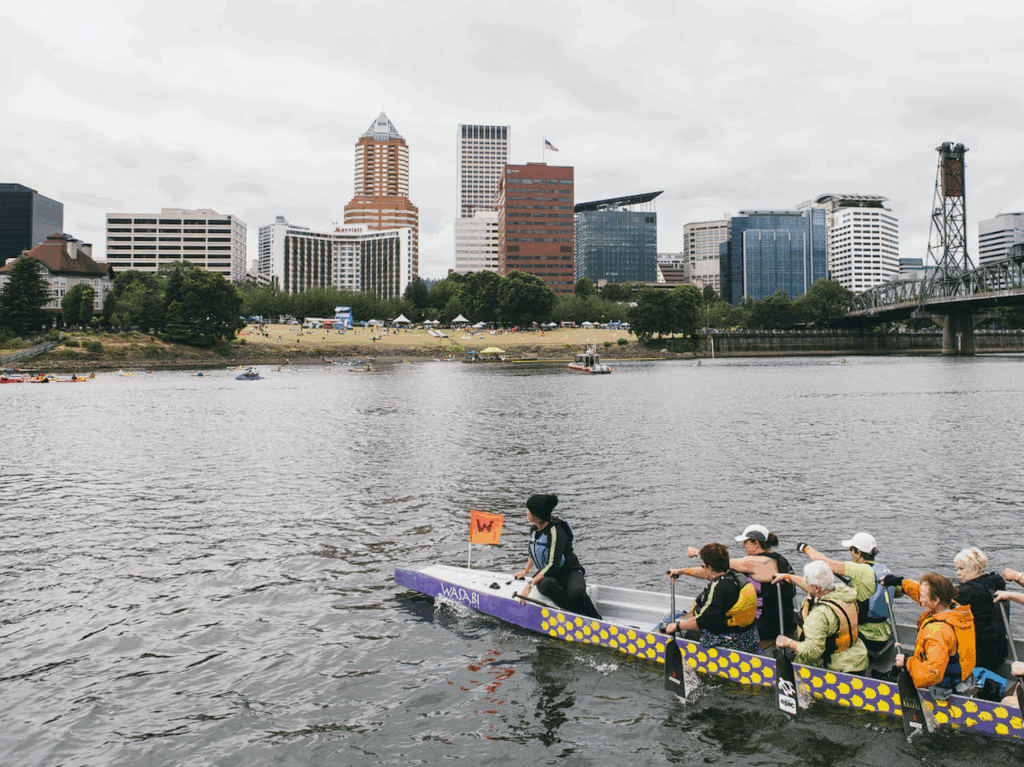
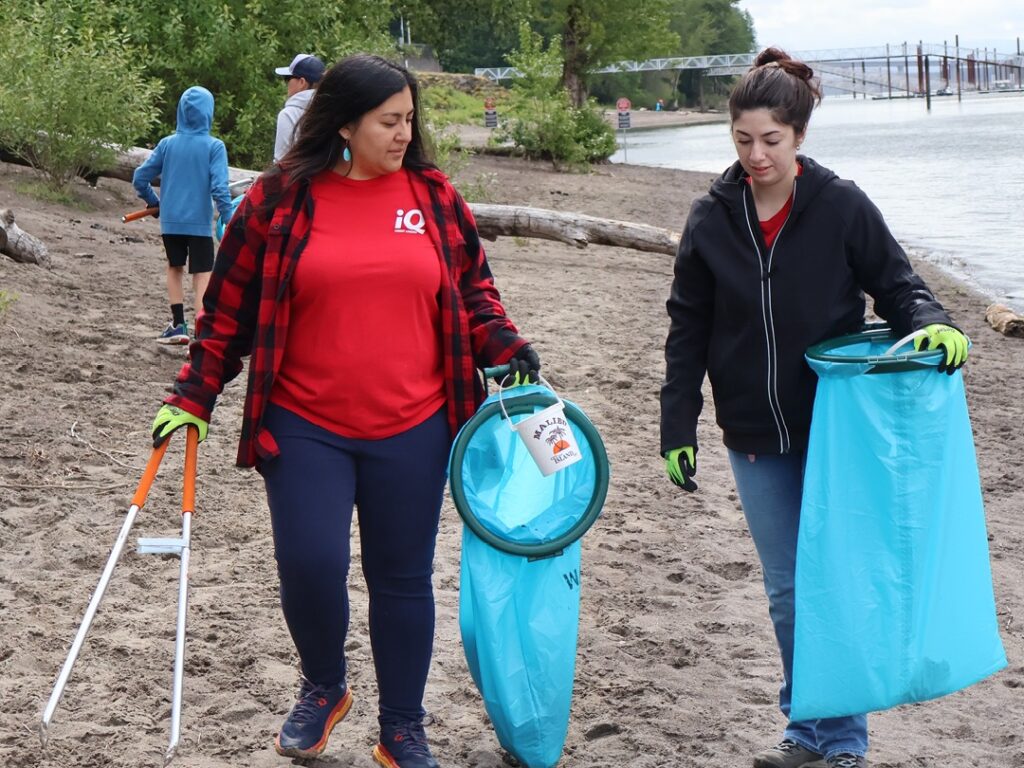
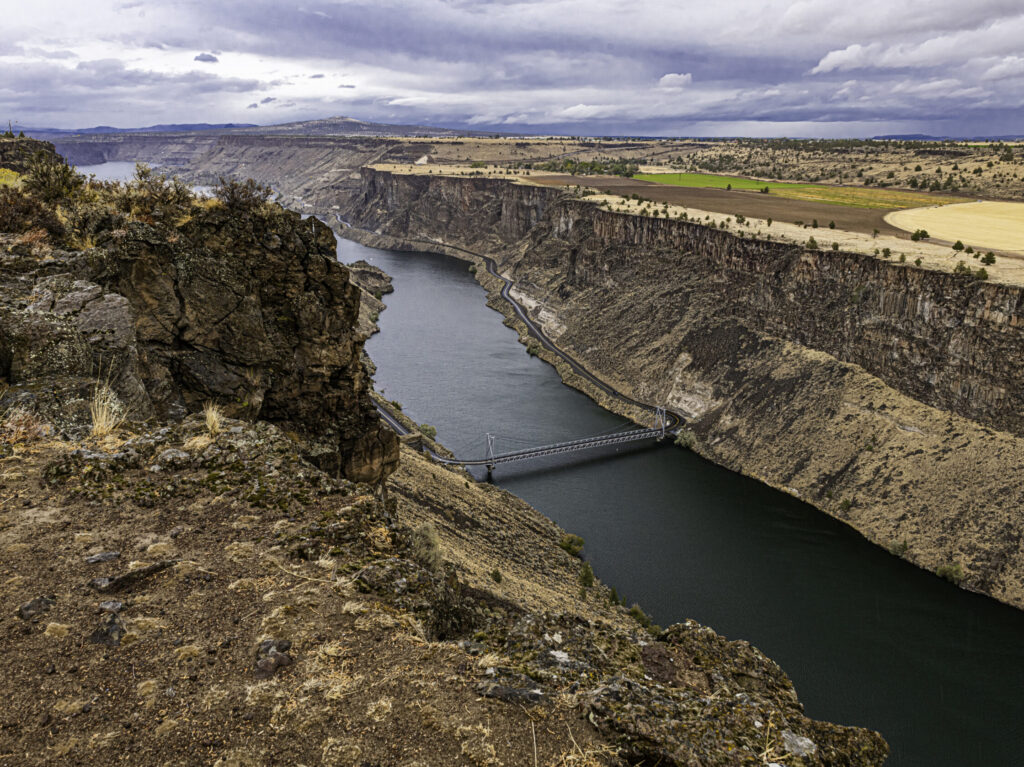
Roy, I enjoyed our time at Whitaker Ponds that day, and I appreciate this article. I’m so glad that my great grandparents and grandparents moved to Oregon from Chicago!
One small thing – our Facebook group has 3,300. I probably mumbled when I gave you the numbers. Thanks for this great shout out! We appreciate your support!
This is an amazing article and SO true! I am so thankful and blessed to be a part of POCO! I hope to see more experiences like these in other places.
Roy, thank you for writing this article! My dear friend Pam is an amazing force for good. You captured her passion and purpose. Pam shares her wealth of knowledge with enthusiasm and grace. Whitaker Ponds is a very special and beautiful space that Pam introduced me to. Walking through the forest with POCO has felt like a spiritual experience for me. Thank you Pam for getting beloved community outdoors and reminding us that “this land is our land”. The ancestors are pleased.